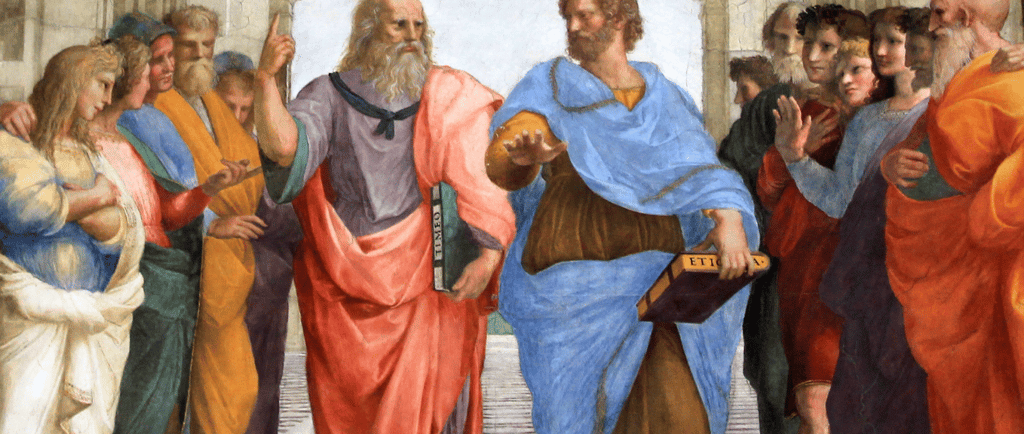Our journey on Plato's problem
The historical question behind our research
8/13/20231 min read


Plato (427 BC – 347 BC) seems to be the first reason expression of the mysteriousness of human ability to understand despite our limited experiences. Bertrand Russell (1872 AC -1970 AC) formulated Plato's Problem as follows:
"“How comes it that human beings, whose contacts with the world are brief and personal and limited, are nevertheless able to know as much as they do know?”
Around 2015, during Pouya's (founder) doctoral work in theoretical computer science, he serendipitously encountered the essence of Plato's Problem. Focused on creating an extraordinarily high-performing heuristic algorithm, he encountered a perplexing realization – the algorithm's performance surpassed all reasonable expectations. While many heuristics defy theoretical explanation, Pouya's specific project hinted at deeper questions. Are universal principles behind effective heuristics? Does our brain apply similar principles to interpret the world? Do these principles align with human understanding? Pouya's casual exploration of psychology and neuroscience triggered insights into the parallels between effective heuristics and brain processes.
Despite lacking a background in cognitive neuroscience, Pouya sought further education at Cambridge University. Renowned as the birthplace of neuron research and fugures like Geoffrey Hinton and Demis Hassabis, who are boasting luminaries in deep learning, the university provided fertile ground. During his admission interview, discussions touched on the potential connections between synesthetic cognitive neuroscience and reverse-engineerable computational efficiency principles. His association with the prestigeous computational and biological learning laboratory (School of Engineering) and School of Psychology equipped him with essential foundations. One of his research projects synthesized cognitive neuroscience concepts with mathematical theories, forming the bedrock of the technology our company continues to develop.
